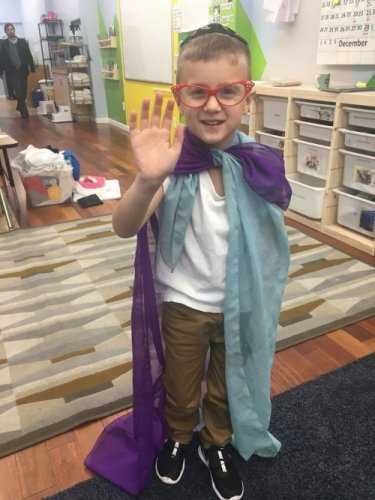
Some actions affect our relationship with God. In Hebrew we call those bein adam lamakom (“between a person and God”*). Some actions affect our relationships with other people. Those are called bein adam lechavero (“between a person and their friend”).
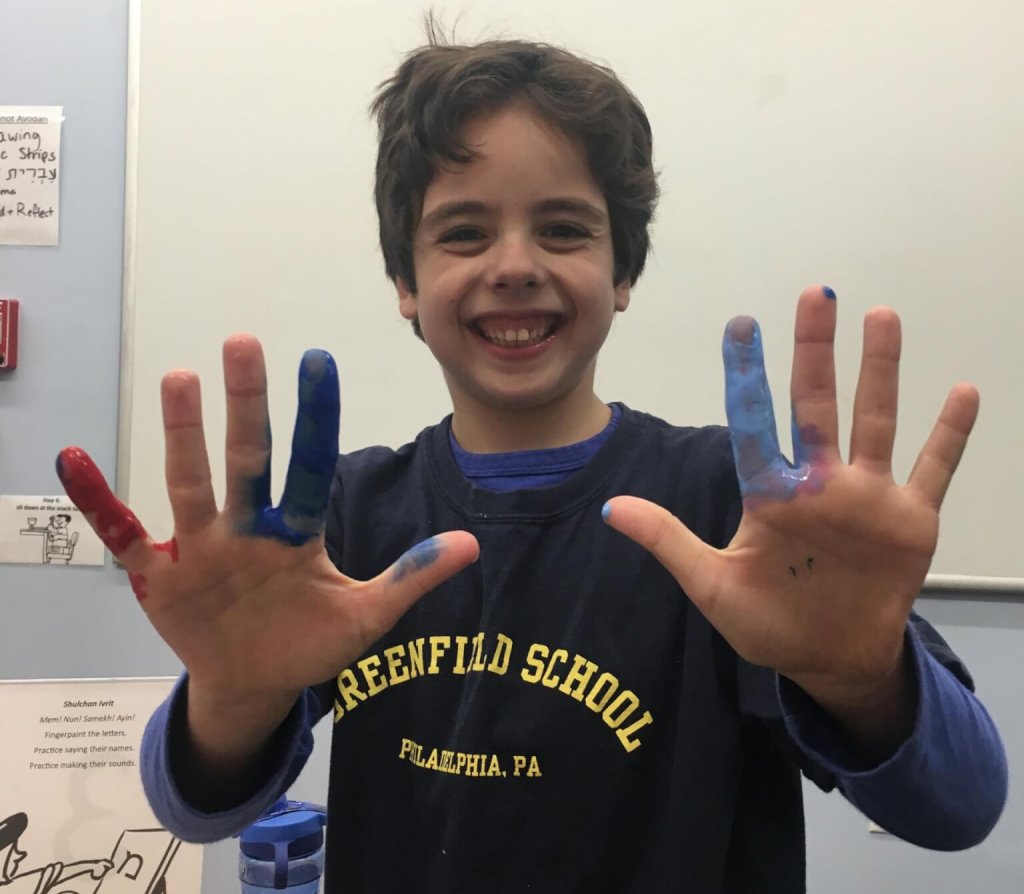
We looked at some of the actions we do at Makom Community and thought about whether they affect our relationships bein adam lamakom or bein adam lechavero. The answers kiddos came up with were surprising and insightful, and I LOVE getting to learn from them.
- Tefilah: Prayer, Music, and Movement
- Bein adam lamakom because when we do it we’re praying to God
- Bein adam lechavero because we’re singing all together and practicing being mindful of each other’s bodies
- Using kind words
- Bein adam lamakom because God likes it when we’re kind
- Bein adam lechavero because that’s a way we treat each other well
- Clearing our snack dishes
- Bein adam lamakom because doing the right thing is good to God
- Bein adam lechavero because we take care of each other by cleaning up
Speaking one at a time, not interrupting each other
- Bein adam lechavero because we care about each other’s ideas
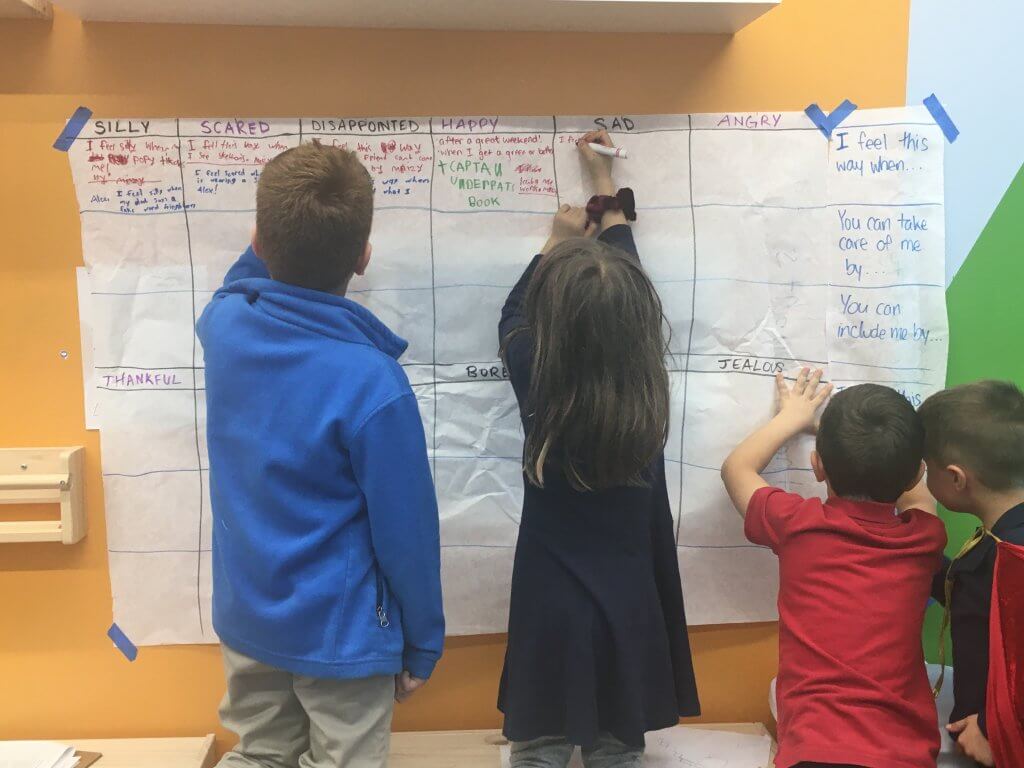
Rashi wonders which sets of actions are more important. Who is it a bigger deal to wrong – God or other people? Here are a few inspiring thoughts from our kiddos:
- Fighting with people is worse than fighting with God. People can get hurt, but God can’t.
- Fighting with God is worse than fighting with people. God cares so much about the people God created – it’s worse to argue about that [the value of people].
- Bein adam lamakom and bein adam lechavero are the same thing, because we’re all made in God’s image so it’s all bein adam lamakom.
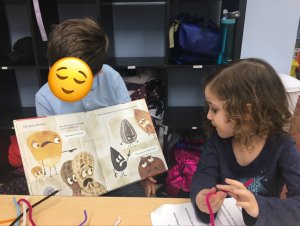
According to Rashi, people’s treatment of each other is most important. For evidence he compares the story of Noah, the ark, and the Flood to the story of the Tower of Babel. The people who were around when Noah built the ark fought with each other, stole from each other, and hated one another. Their punishment (the Flood) was to be entirely wiped out. The people who built the Tower were loving and peaceful and worked well together, but they built a city and a tower against God’s wishes. Their punishment was to be scattered around the world and have different languages to speak. Rashi argues that since their punishment was so much more lenient, clearly love and peace among people is more important to God than love and peace toward God.
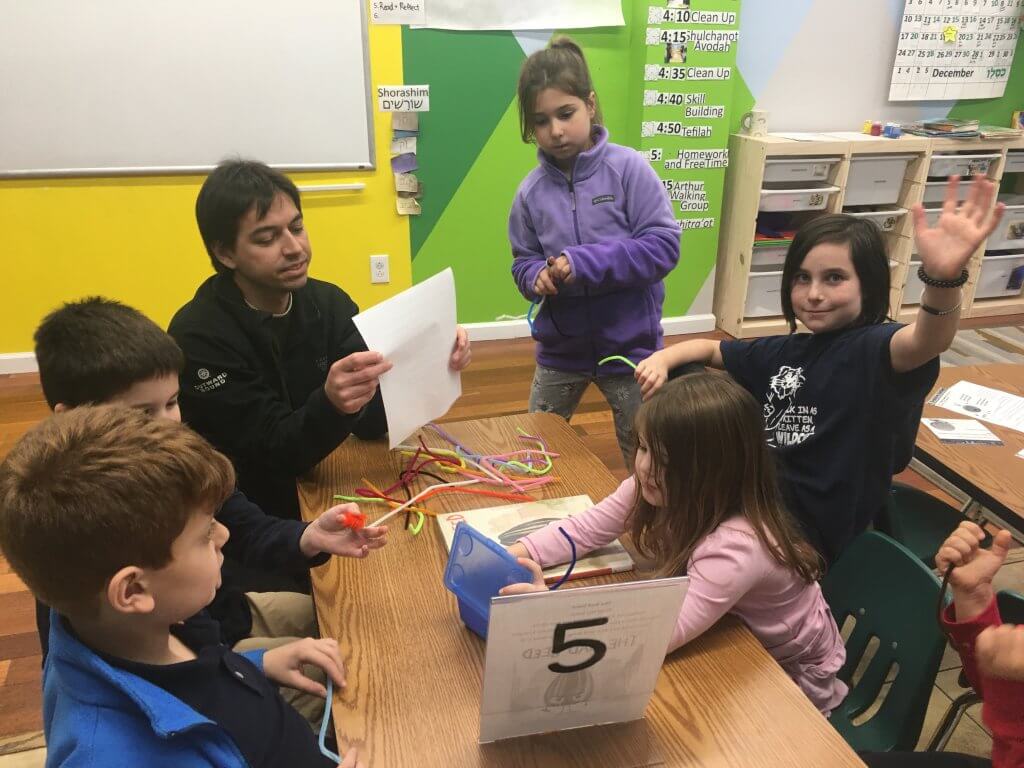
What are ways that we can show love to each other?
- Hugging
- Kissing
- Holding hands
- Giving gifts
- Helping each other
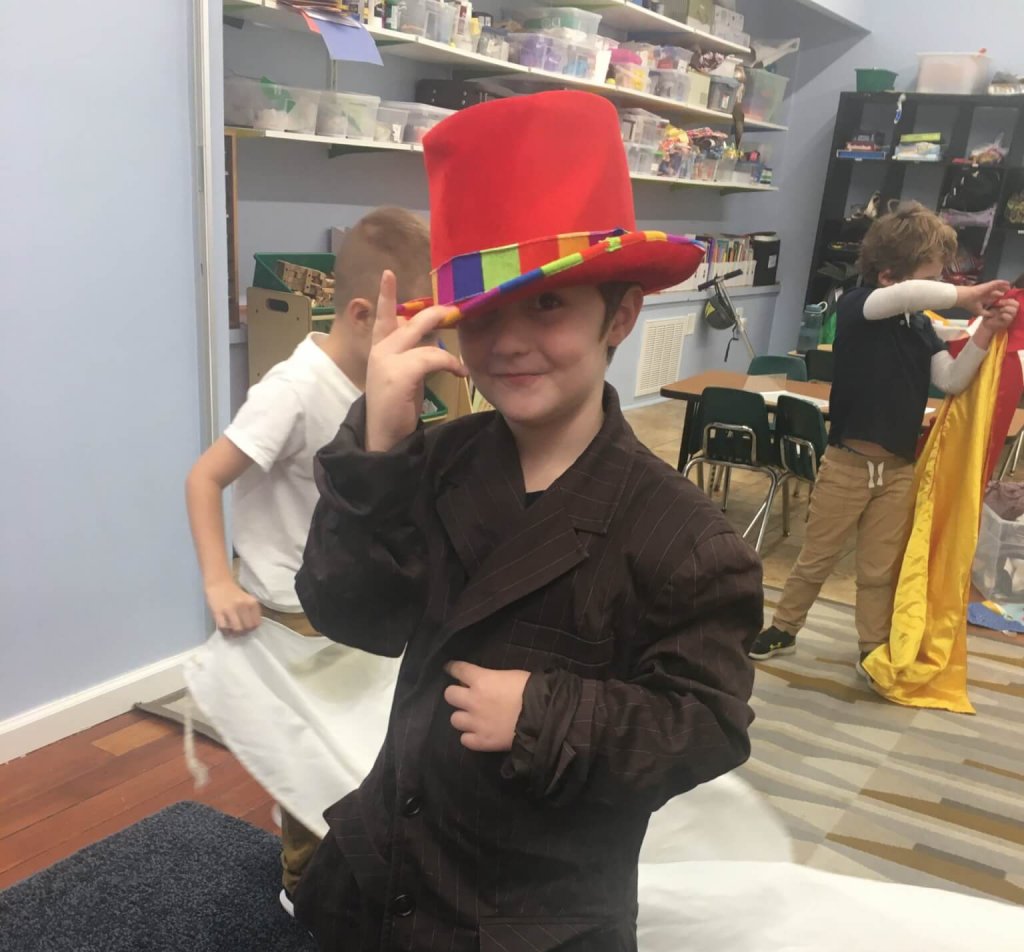
When is it hard to be peaceful and loving?
- When someone is being mean to you.
- When you’re embarrassed or nervous because people are watching you.
When do you feel most peaceful and loving?
- When I’m on a playdate with someone and not feeling watched.
- When I’m included without having to ask.
- When my mom kisses me.
- When I’m meditating.
Peace and love and taking care of each other. Those are some of the central values we use to frame our brit (two-way promise) every year. Stay tuned to hear how it turns out next week!
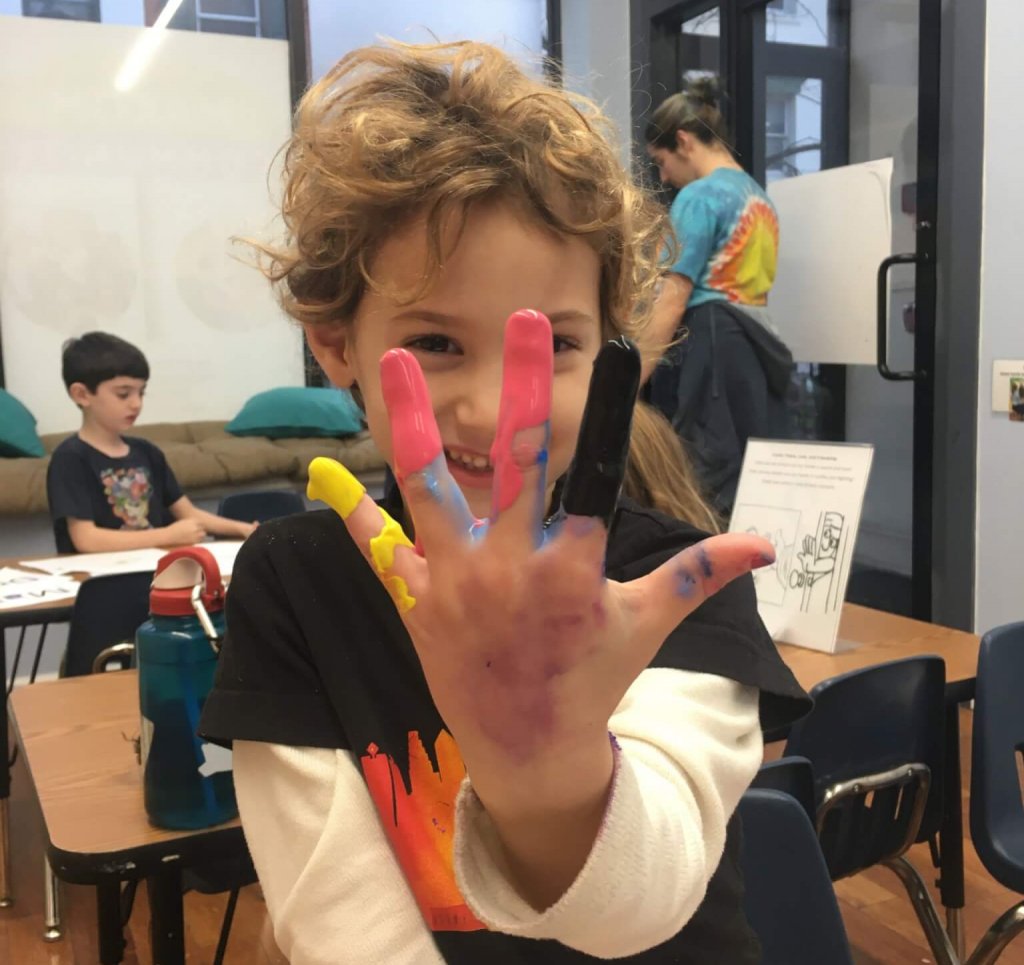
*Does “Makom” mean “God”? Is your center called “God Community?” Not quite. Makom in Hebrew literally means “place.” It’s also used in certain stories to mean a special place where important things happen. That’s the meaning we’re thinking of for Makom Community. HaMakom — The Place — is also in some contexts a euphemism for God. That’s the way it’s used in the phrase bein adam lamakom.
